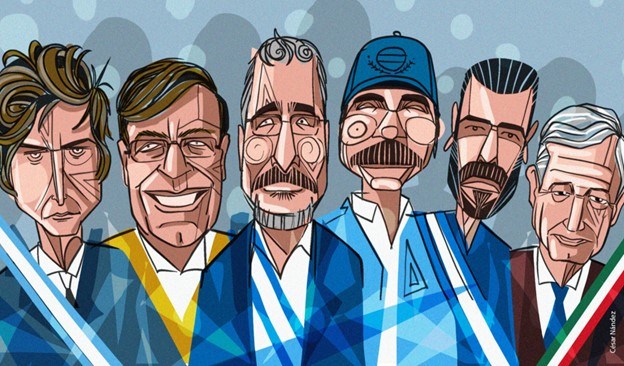
In this attempt to summarize the situation at the end of the year, I endeavor to concisely mention some notable names, recognizing that this carries the risk of omitting others that are equally relevant.
By Manuel Alcantara (Confidencial)
HAVANA TIMES – Evaluating a year in a region as complex and heterogeneous as Latin America is an exercise that requires a balance between some relevant issues selected and the countries that are the focus of attention. Most of them have a cross-cutting nature, but sometimes the profile is singular. In this task, we have elucidated the situation at the end of the year through a series of names succinctly enunciated, at the risk of leaving others no less important unmentioned. A useful exercise to also foresee the issues and scenarios of 2024.
Nayib Bukele has led El Salvador to the violation of its constitution by running for reelection, one of the historical evils of Latin American politics, following in the footsteps of his neighbor Daniel Ortega three decades ago. Under the cover of an unprecedented propaganda machine, his example crosses borders under the lure of having contributed to control one of the scourges of the region, such as violence in which Colombia, Mexico, and Paraguay are among the five worst classified in the Global Organized Crime Index 2023 that analyzes all countries in the world.
Guatemala‘s economic elites maintain control of the country, supported by a fragile and deinstitutionalized party system, low rates of popular participation, and a highly corrupt political class. The elections held in 2023 gave the victory to Bernardo Arévalo, someone alien to this scenario. However, the most recalcitrant sectors of the judiciary and the Public Prosecutor’s Office are doing everything possible to prevent him from taking office despite the social support he has, including the majority indigenous world in the country, and the international community.
For almost eighty years, the struggle between Peronism and anti-Peronism has defined Argentine politics. However, the arrival of Javier Milei to the presidency has meant a resounding change with unforeseeable consequences. Moreover, it ties in with the current times of singular politicians who lack party machinery, theoretically challenge the status quo, channel social frustration, and


